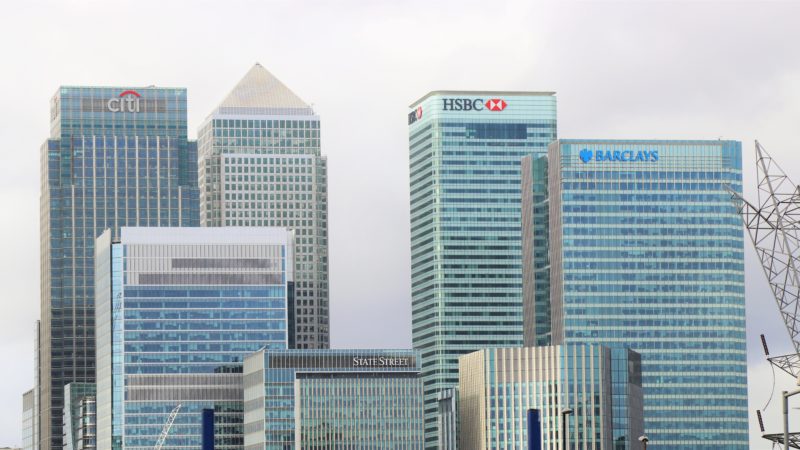A Robin Hood Tax could bring in nearly £5bn a year.

With the government writing an open cheque in response to Covid-19, the story is turning to who will pay. After the 2008 financial crash, it was the poorest in society who were hit. This cannot be allowed to happen again.
Powerful forces are already reviving the idea that the enormous bill will have to be paid for with cuts to services and a public sector pay freeze. Adopting this approach would be a profound mistake. Austerity after the financial crash caused both hardship and harmful economic and social impacts that have played a part in our lack of preparedness for this crisis – something counted on a daily basis in lost lives as we fare so much worse than other countries in Europe.
Before this pandemic, due to austerity, the UK had lost one in ten general and acute hospital beds, with only 2.5 beds per 1,000 people, far lower than other European countries. On average, one GP surgery has closed every two days over the last decade. Staffing ratios in hospitals have fallen, with 1 in 12 NHS posts in England vacant and a lack of training places to produce the new staff to fill them.
The idea of hurting the very services that are saving us – that we now applaud on the streets up and down the land on a weekly basis – is shocking. Workers often dismissed as having jobs of less value – are now heralded as ‘key workers’ and ‘heroes’. Nurses, cashiers, bus drivers don their uniforms each day, taking far greater risks than most of us, to keep us alive and allow ordinary life to continue. These people must be remembered in the recovery, not made to suffer.
Likewise, as we look to rebuild Britain we must ask those most able to contribute to play a bigger role. That is why taxing finance firms rather than your average citizen should be high on the menu of options of how the crisis is paid for. A Robin Hood Tax on trades in products that ordinary people don’t buy, like bonds and derivatives, would generate a further £4.7 billion a year for the Treasury – a very useful £23.5 billion over the course of a 5-year parliament.
Such a tax is not a panacea but in the immediate-term it would pay for ventilators, intensive care beds and NHS staff, and in the longer term contribute to a just economic recovery alongside greater taxing of wealth and clamping down on corporate tax avoiders. However, the importance of the proposal is not about money alone. It is about a direction of travel. Our attention must not be distracted, as it was ten years ago, from targeting those who can afford the most.
David Cameron’s mantra ‘we are all in this together’ rang hollow when the financial sector that caused the crisis were not made to pay their fair share, whilst so many others, particularly the most vulnerable, were sold out under austerity.
Today, there is a sense of community in our country, like no other in my lifetime, when so many people truly understand what a fundamental part the state plays in our lives. We have never faced such an opportunity to rebalance our country. Just as workers on the front line stepped up when their call came, so those most able to contribute to our economic recovery should be asked to step up now.
Modernising our Stamp Duty on shares would close tax-avoiding loopholes and extend the tax to other assets, so that those most able to contribute pay a far greater share. In the aftermath of the last financial crisis, the technical work was done on initiatives such as the Robin Hood Tax, meaning they can be introduced swiftly. This should be done without delay.
Beyond the additional billions that would be raised, taxing this sector sends a strong message about the kind of path to take from here. A road where the poor do not bear the brunt, where readily implementable solutions exist, where austerity is roundly exposed as not needed, not fair and not acceptable. Bringing in the Robin Hood Tax, particularly as part of package of progressive measures to better resource our public services, is an important way to recognise the people, often working beyond the call of duty, who are seeing us through this crisis.
David Hillman is the director of the Stamp Out Poverty and the Robin Hood Tax campaign
To reach hundreds of thousands of new readers we need to grow our donor base substantially.
That's why in 2024, we are seeking to generate 150 additional regular donors to support Left Foot Forward's work.
We still need another 117 people to donate to hit the target. You can help. Donate today.



